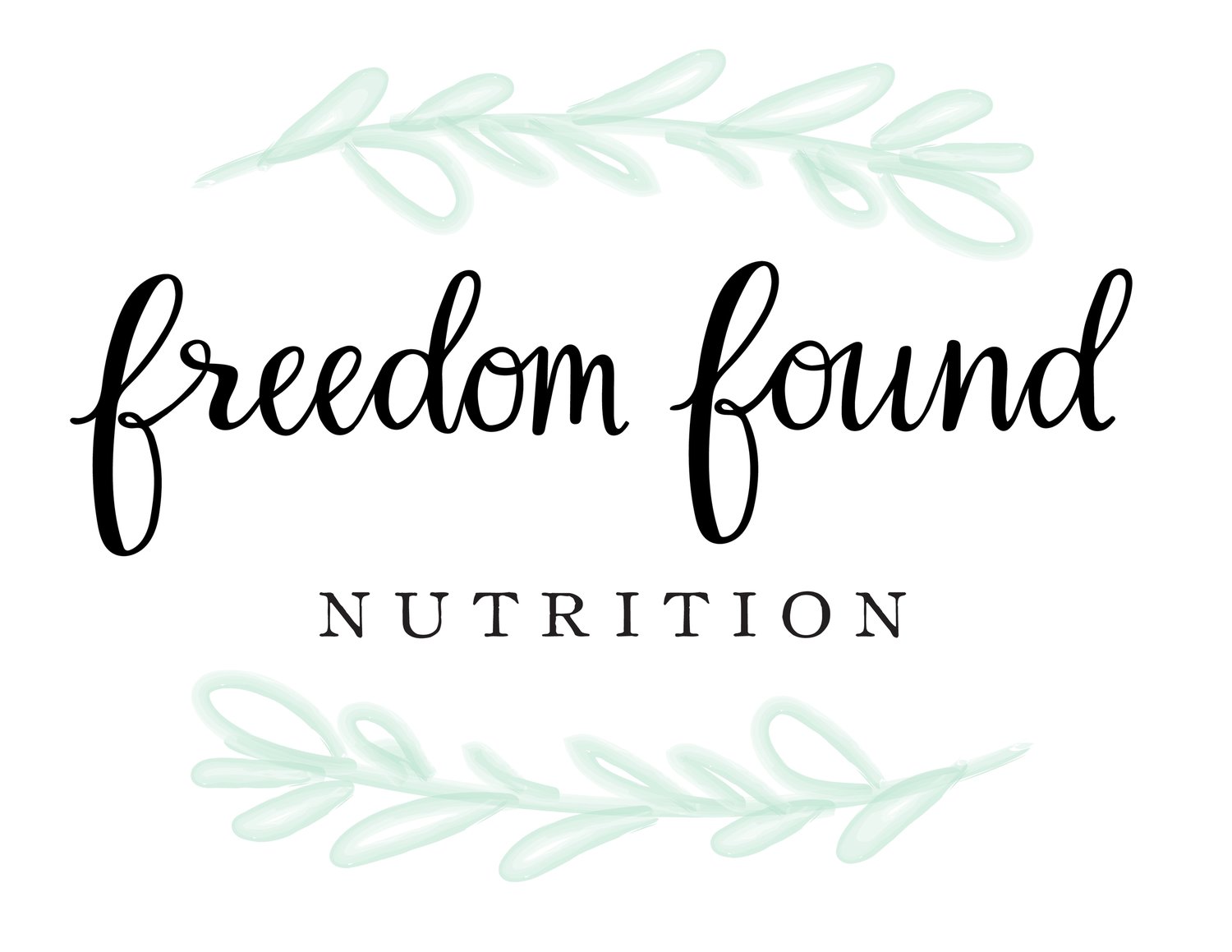Thoughts on Diet Culture
Jamelah Mitchell,
Louisiana Tech Dietetic Intern
Published March 19, 2021
I had the pleasure of working with a Louisiana Tech Dietetic Intern: Jamelah Mitchell. She took great interest in the damage of diet culture and was eager to learn how to help others that find themselves living with the consequences of diet culture. She had the opportunity to define what Diet Culture is in her own words and provide ways to heal from the damage of diet culture and develop life-giving behaviors. I’m so excited to share Jamelah’s words with you!
Diet culture is a cluster of beliefs that equates thin bodies to being healthy. It is a toxic cycle that produces deadly insecurities within our communities. Diet culture includes labeling foods, feeling guilty after eating and ignoring internal cues such as hunger, fullness and satisfaction. How many times have you indulged in diet culture and didn't realize it? It's time to escape from the diet mentality. Diet culture behaviors that can cause an individual to gain more weight than average, develop an eating disorder, have nutritional deficiencies and put at a higher risk for developing chronic diseases. TV shows, movies and social media are the main culprit for pushing restrictive diets and discriminating against larger bodies. Many media outlets convey stereotypes such as overweight/obese individuals are lazy and lack self discipline. These types of stereotypes create a negative body image. A negative body image creates unrealistic ideals and low self esteem.
We can avoid allowing diet culture to shape our health by not engaging with anyone who makes us feel like we are not good enough and/or follows diet culture. Another helpful tip in avoiding diet culture would include to change your language on food, weight and overall health. For example stop categorizing food as good or bad. There is no such thing as a good or bad food item. Instead of categorizing foods, consume all foods that appeal to you and your taste buds. We should also accept the concept that all bodies are different and strive for healthy habits that best fit our lives. Lastly focusing on intuitive eating can help with avoiding diet culture. Intuitive eating is the ideology of creating a healthy relationship with food and where the consumer takes back ownership of their body. Intuitive eating highlights recognizing internal cues and making peace with food. Making peace with food gives you permission to eat without feelings of guilt or shame.
Adopting intuitive eating principles such as:
Reject the diet mentality: Stop dieting
Recognize your hunger: ask yourself, am I hungry?
Make peace with food: Stop restricting certain food items
Challenge the food police: ditch having unreasonable rules about food
Feel your fullness: Breakfast was very filling, i will probably consume a smaller lunch
Discover the satisfaction factor: “I'm enjoying a slice of pie today”
Cope with your feelings without using food: use different outlets such as journaling
Respect your body: accepting yourself as a person and not a size
Exercise: developing the ideology of exercising to feel good not because it's required”
Honor your health: state things such as “I'm taking care of myself”
Designed by Jamelah Mitchell.


